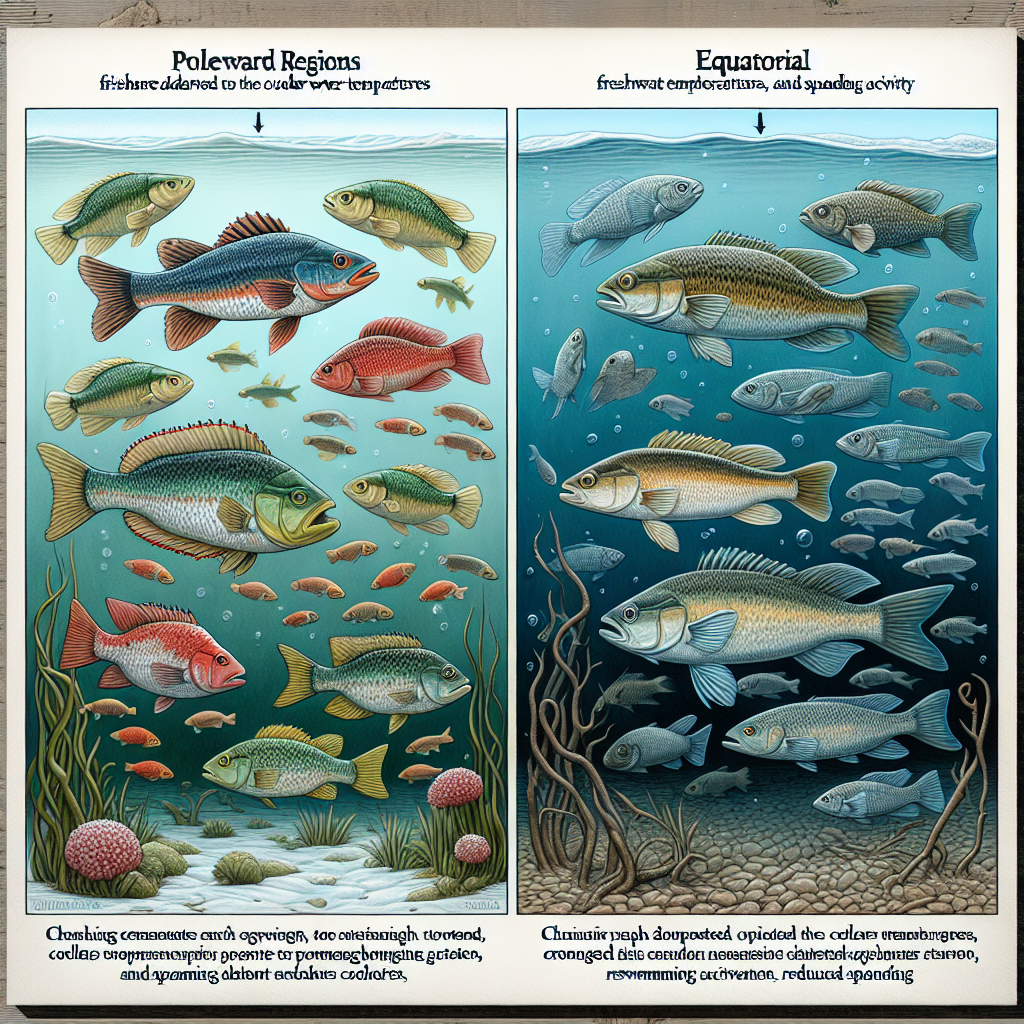Freshwater fish populations near the poles are thriving, while those closer to the equator are struggling, according to a recent study by researchers. The study found that large-bodied migratory species, such as Atlantic salmon, are particularly successful in colder regions.
This trend is concerning as it could have significant implications for the overall health and diversity of freshwater ecosystems. The study, published in the journal Global Change Biology, analyzed data from 1,400 freshwater fish populations across the globe.
The researchers found that populations of freshwater fish in the northern hemisphere, especially those in the Arctic and sub-Arctic regions, are growing at a faster rate compared to those in the southern hemisphere. This is likely due to the fact that colder temperatures and shorter growing seasons in these regions provide ideal conditions for these fish to thrive.
On the other hand, fish populations in equatorial regions are facing numerous challenges, including overfishing, habitat destruction, and climate change. These factors are causing declines in fish populations and threatening the survival of many species.
The success of large-bodied migratory fish, such as Atlantic salmon, is particularly important as they play a crucial role in maintaining the balance of freshwater ecosystems. These fish are not only important for the health of the environment, but they also support local economies through recreational and commercial fishing.
The findings of this study highlight the need for conservation efforts to focus on protecting and restoring freshwater fish populations in equatorial regions. This could include implementing sustainable fishing practices, protecting critical habitats, and addressing the impacts of climate change.
In conclusion, the thriving fish populations near the poles and struggling populations near the equator have significant implications for the health and diversity of freshwater ecosystems. It is crucial for conservation efforts to address these disparities and ensure the long-term survival of freshwater fish species.

